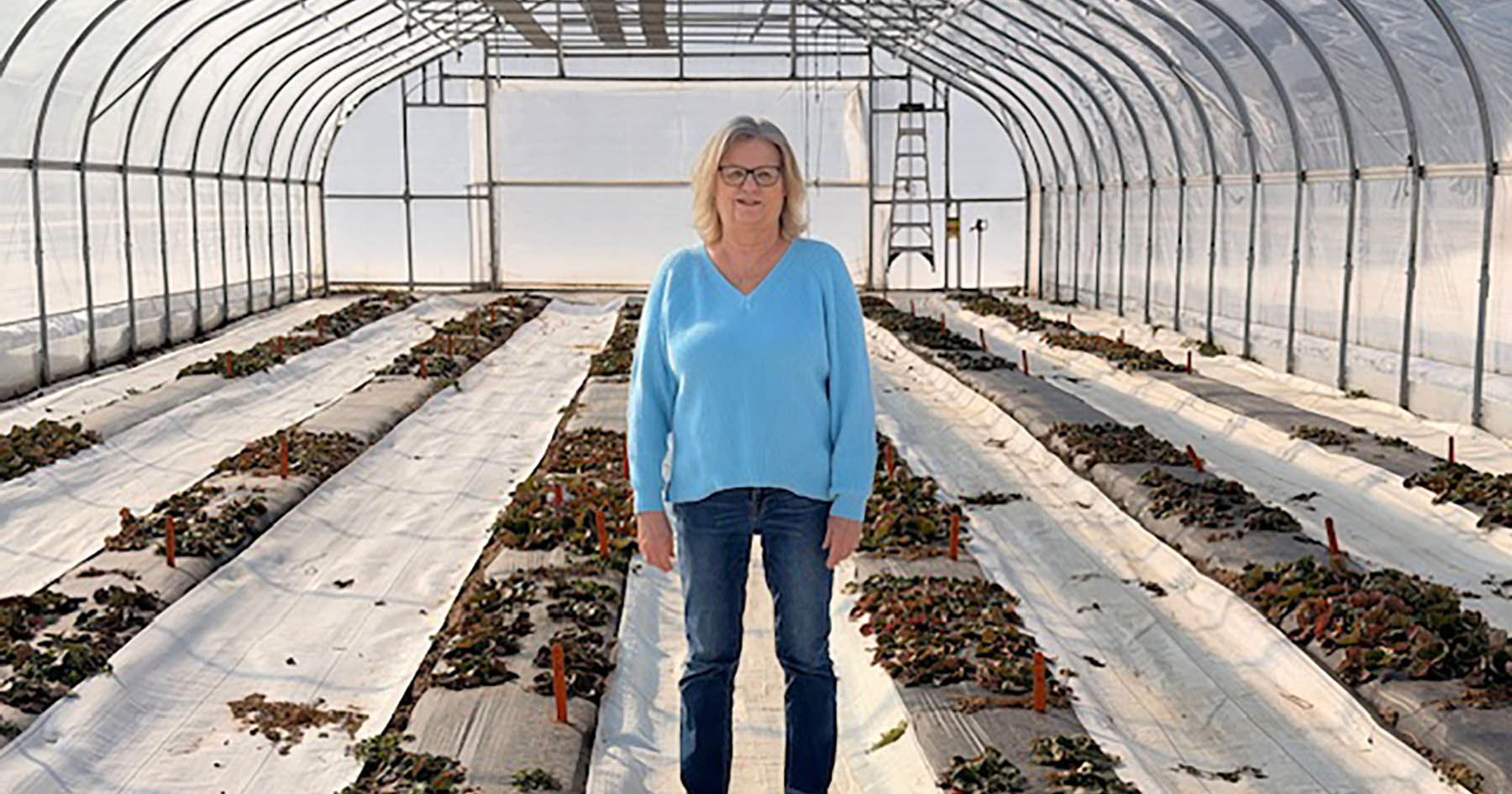Plants take up more carbon once acclimated to warmer temperatures
A new understanding about how plants react to high temperatures may help improve predictions about how climate change will affect the planet.
Nick Smith, a Purdue University adjunct professor in Forestry and Natural Resources, and postdoctoral fellow at the Lawrence Berkeley National Laboratory, wanted to know how plant carbon uptake is affected by extended periods of different temperatures. The information may be helpful for models that use plant carbon uptake to estimate the effects of climate change.
“Models have good representations of short-term changes in temperature, but few data exist for incorporating longer-term responses,” said Smith, whose research was part of his doctoral work under Purdue Professor Jeffrey Dukes. “Plants are currently the only way that carbon dioxide is removed from the atmosphere on land. The way plants are represented in these large-scale models is really important.”
Smith put 22 plant species — a variety of annuals and perennials, tropical and non-tropical species, and plants using different photosynthetic pathways — through a battery of tests that looked at how they “acclimated” to temperatures from 15 degrees Celsius to 35 degrees Celsius (59-95 degrees Fahrenheit) for seven days. The findings show that the plants acclimated to higher temperatures were able to speed up both photosynthetic processes that pull carbon dioxide from the atmosphere and respiratory processes that release carbon dioxide back to the atmosphere. Though taken together, the results suggest a net increase in carbon uptake in plants acclimated to warmer temperatures.
Once the plants were acclimated to the new temperatures for a week, Smith exposed them for a few minutes to different extreme temperature bursts, from 14 to 50 degrees Celsius (57-122 degrees F). Warmer temperatures sped up photosynthetic processes up to an inflection point, and decreased rates beyond this temperature. However, these curves were altered by acclimation, with plants acclimated to warmer temperatures having higher inflection points and greater rates of carbon uptake and release processes.
“In general, across all plant types, acclimation was nearly ubiquitous. Plants generally acclimated in a way that would suggest that as plants adjust to warmer temperatures, they increase their capacity to take up carbon from the atmosphere,” Smith said.
The findings, published in the journal Global Change Biology, suggest that plants may be more adaptable to warmer temperatures than once thought, and that those adaptations may help remove at least some of the excess carbon in the atmosphere.
“Our study suggests that at least under the range that we measured, the plants aren’t hitting this inflection point. We shouldn’t expect a decrease in photosynthesis or uptake of carbon based on temperature alone,” Smith said.
While that is good news, Smith cautions that many other factors will be at play. Reduced water availability or fewer plants on the planet would likely negatively affect carbon uptake.
Smith plans to use the findings to help improve climate forecast models. NASA and the Purdue Climate Change Research Center supported the research.





